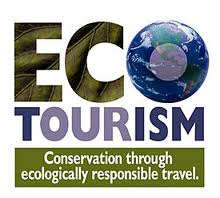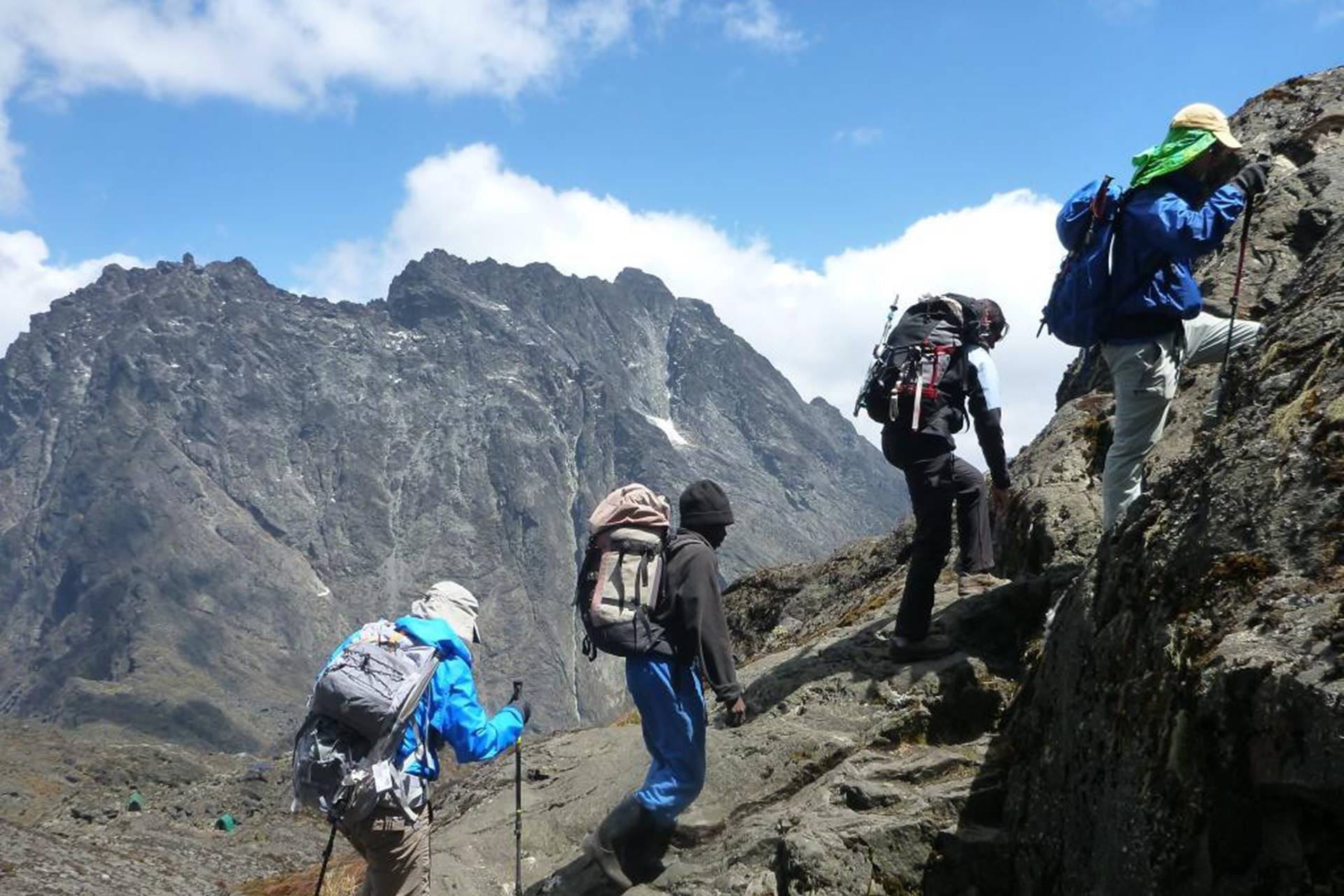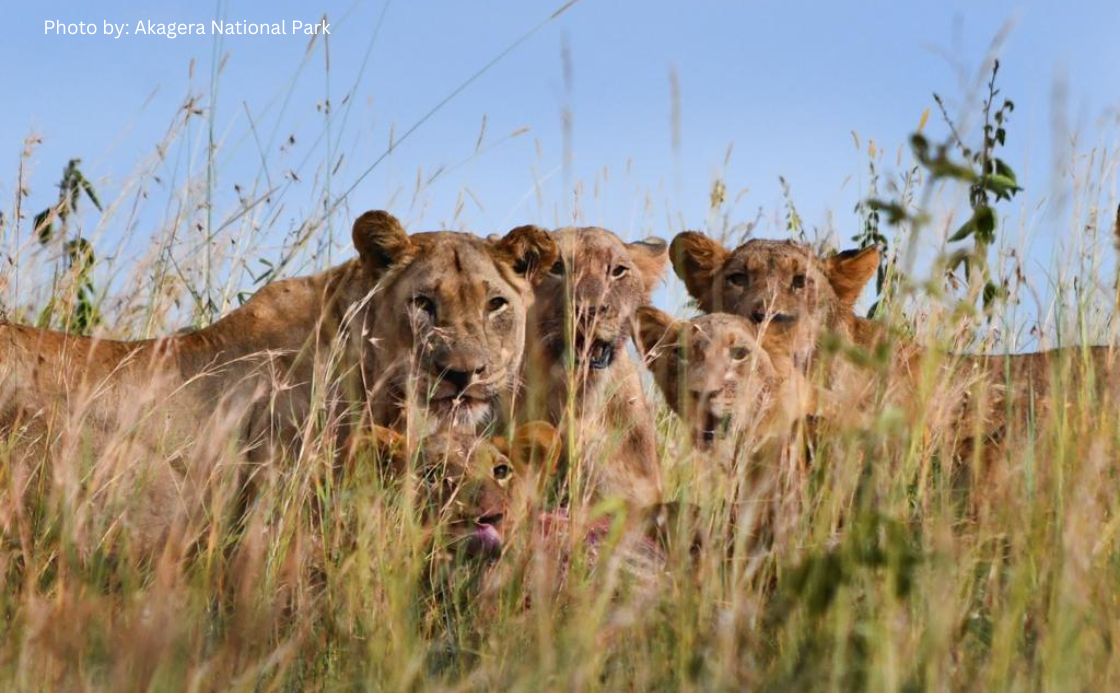Africa, a continent renowned for its breathtaking landscapes, diverse wildlife, and rich cultural heritage, is experiencing a remarkable transformation in its tourism industry. While traditional safaris have long been the hallmark of African travel, a new trend is emerging that offers travelers an immersive and sustainable way to experience the beauty and wonders of the continent: ecotourism.
Embracing Sustainability
Ecotourism, often referred to as responsible tourism, focuses on minimizing the negative impact of travel on the environment and local communities while providing meaningful experiences for tourists. Africa’s extraordinary biodiversity and delicate ecosystems make it a prime candidate for ecotourism initiatives.
As global awareness of environmental issues continues to grow, travelers are seeking experiences that align with their values. African countries are recognizing the potential of ecotourism to contribute to conservation efforts and uplift local communities. Many governments and organizations are collaborating to establish protected areas, promote sustainable practices, and encourage responsible tourism development.
Preserving Biodiversity
One of the most compelling aspects of ecotourism in Africa is its role in the preservation of biodiversity. The continent is home to some of the world’s most iconic species, from the majestic elephants and rhinos to the elusive big cats. By creating economic incentives for the conservation of these species, ecotourism helps combat poaching and habitat destruction.
For example, gorilla trekking in Rwanda and Uganda has become a flagship ecotourism activity. Travelers have the rare opportunity to observe these magnificent creatures in their natural habitat, and the revenue generated from permits goes directly towards gorilla conservation efforts and supporting local communities.
Empowering Local Communities
Ecotourism’s positive impact extends beyond wildlife conservation. It empowers local communities by providing job opportunities, supporting education, and fostering cultural preservation. Many ecotourism lodges and camps are owned and operated by locals, ensuring that the economic benefits of tourism are distributed more equitably.
By involving local communities in the management and benefits of ecotourism, there is a stronger incentive to protect the environment and wildlife. This synergy between conservation and community development is a hallmark of successful ecotourism initiatives across the continent.
Challenges and Future Directions
While the rise of ecotourism in Africa is promising, it is not without challenges. Balancing the influx of tourists with the need to preserve fragile ecosystems requires careful planning and management. Overcrowding, pollution, and habitat disturbance can still occur if not properly regulated.
The future of ecotourism lies in collaboration between governments, conservation organizations, local communities, and tourists themselves. Sustainable tourism practices, such as limiting group sizes, enforcing ethical wildlife viewing guidelines, and promoting responsible behavior, are essential to ensure the long-term viability of ecotourism.
Conclusion
The emergence of ecotourism in Africa indicates a revolution in our understanding and appreciation of the natural environment. It’s about more than simply seeing animals; it’s about understanding our place in the environment, supporting conservation initiatives, and leaving a good mark on the areas we visit. As travellers seek more meaningful and transformational experiences, ecotourism provides a way towards a more sustainable and peaceful cohabitation of people and the natural environment. Africa’s vast landscapes and colourful cultures await exploration, adoration, and preservation through the perspective of responsible travel.



